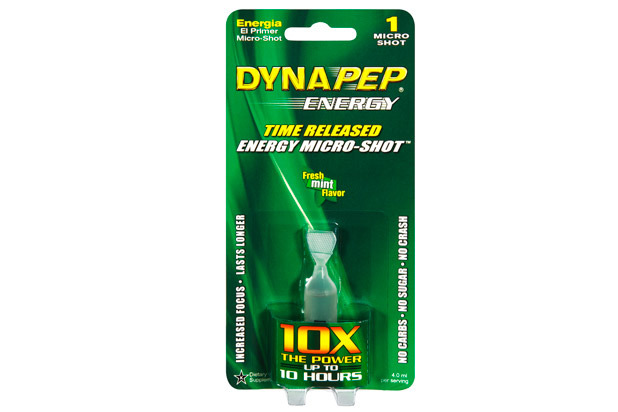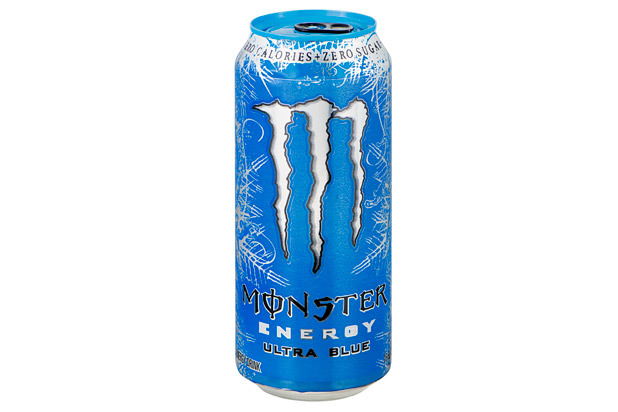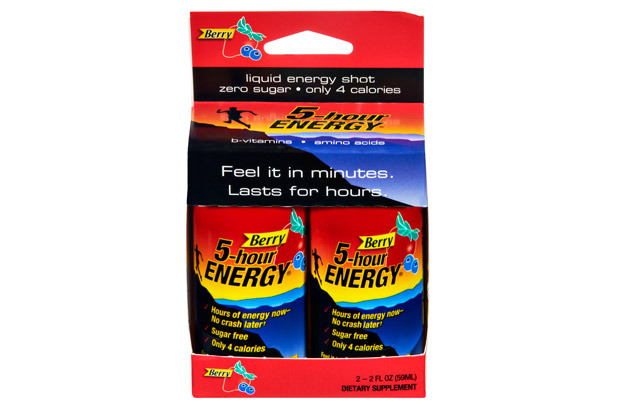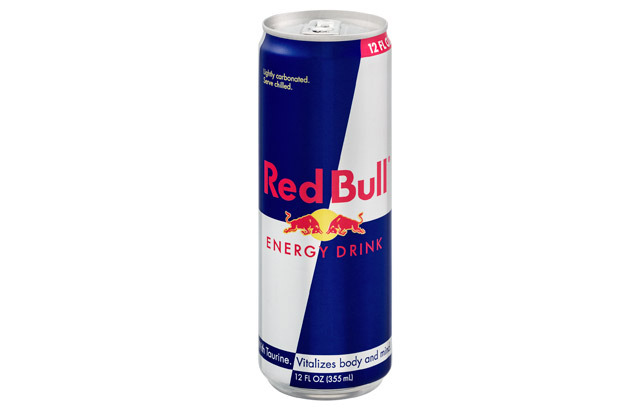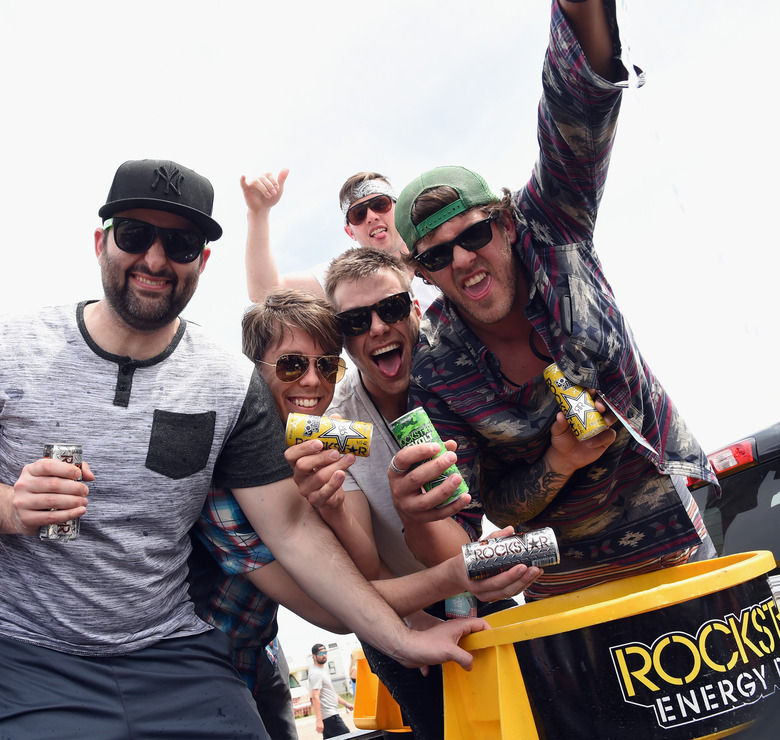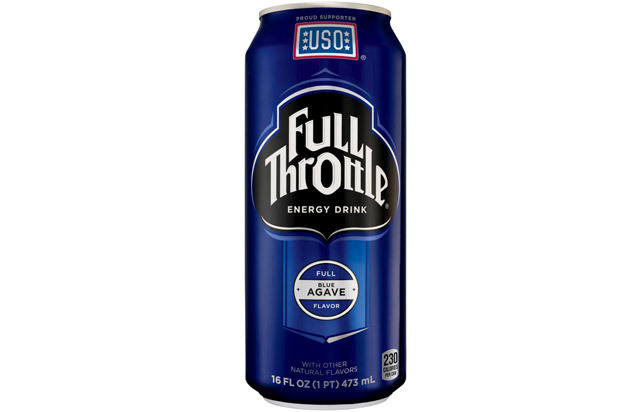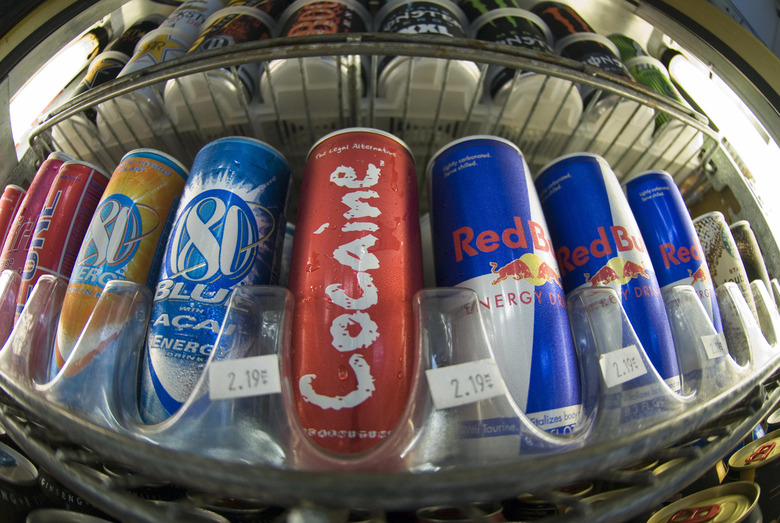The Most Dangerous Energy Drinks Around The World (Slideshow)
Even tinier than a 5-Hour Energy shot, DynaPep comes in a microshot that contains 100 milligrams of caffeine (a 25 percent increase from what it used to contain) in a minuscule 4-milliliter. The Boca Raton, Fla.-based beverage company's recipe also contains a derivative of methylhexanamine, a stimulant that has a negative effect on focus in some and has been reported to elevate heart rate.
Monster
Any product that had an FDA investigation looking into it to see if it played a role in a handful of deaths and one non-fatal heart attack should not be taken lightly. One serving is 8 ounces, so if you're the kind of person who chugs an entire 24-ounce "mega can" in one sitting, you're getting 81 grams of sugar. Add to that exorbitant levels of caffeine, and you might not be able to sleep, contributing to a vicious cycle of dependency on these bubbly brews.
5-Hour Energy
It's tough to take just one shot when you're at the bar, and that mentality often carries over to users of this potent product. In one 1.93-ounce serving, you'll find 2000 percent daily value of vitamin B6, 8333 percent daily value of vitamin B12, and 150 percent daily value of niacin, another B vitamin. Like most good things, B vitamins can cause problems in excess (like gastrointestinal distress and other abdominal issues), especially in exorbitant amounts like these. Not to mention the 200 milligrams of caffeine (and total of 1,870 milligrams of "energy blend") in each shot, which trumps some 16-ounce energy drinks.
VPX Redline
Marketed as "The Ultimate Energy Rush," this fluid fuel is not to be taken lightly. It's formulated to induce shivering — even if you're not cold — which is supposed to help you burn fat. (Exercise, anyone?) People also have a habit of not reading the label, which is potential for disaster considering that it's recommend to drink only half the bottle in one sitting, not to drink it on an empty stomach, and not to exceed two bottles in one day. You've been warned.
Red Bull
Because it has stitched itself into the fabric of our culture (or at least certain factions of it, like extreme sports), Red Bull has gained popularity across many demographics, especially young people. The fact that its execs consider it a "publishing empire" makes it all the more alarming that it's pushing a product that's loaded with stimulants and teeth-rotting sucrose and glucose.
Rockstar
If you really want to be a rock star, you're better off picking up a guitar or drumsticks than a can of this stuff. Packed with 62 grams of sugar and 280 calories in every 16-ounce can, it outdoes many of its carbonated counterparts in these categories.
Full-Throttle
Drinking too much of this product originally introduced by Coca-Cola in 2004 can cause stomach aches, insomnia, and increased heart rate, not to mention a sugar overload — there are 58 grams of sugar in every 16-ounce can. The company recently lowered its caffeine content from 200 milligrams to 160 milligrams, but glugging down multiple cans in a day can still lead to caffeine toxicity.
Cocaine
The name should give it away, but for those who think it's just a joke, consider this: Cocaine energy drink contains more than triple the amount of caffeine that you find in a Red Bull. For those with heart conditions, this could pose a lethal threat depending on how much you drink and how fast you down it.
